I know this is old but hope this helps someone in the future.
Here is the XML I was deserializing:
<timePeriod>1982-03-31T00:00:00+11:00</t
After deserializing the XML I end up with the 30th not the 31st:

It appears the 3rd party who produce this XML (that I'm using) change the TimeZone to +11 during daylight saving and keep it as +10 when its not Daylight Saving (DST).
According to Jon Skeet UTC's shouldn't consider DST: https://stackoverflow.com/a/5495816/495455
Also note the documentation
Coding Best Practices Using DateTime in the .NET Framework:
The XML serializer always assumes that DateTime values being serialized represent local machine time, so it applies the machine local time zone offset as the offset portion of the encoded XML time. When we deserialize this onto another machine, the original offset is subtracted from the value being parsed, and the current machine's time-zone offset is added.
The following code allowed me to get the date formatted as the 31st but it wont work 100% for non Daylioght Saving dates (given in this feed):
TimeZoneInfo easternZone = TimeZoneInfo.FindSystemTimeZoneById("AUS Eastern Standard Time");
DateTime easternTimeNow = TimeZoneInfo.ConvertTimeFromUtc(dataPoint.timePeriod, easternZone);
System.Diagnostics.Debug.WriteLine(easternTimeNow.ToString());
Hence the solution is fix the XML feed so it doesn't alternate UTC's with DST.
EDIT: why the data was screwed up
As it turns out its NOT the 3rd party vendor changing the UTC with the DST. The XML feed is created by Java Swing framework reading a SQL dB. Normally I would recommend keeping with the XML standard representation (xsd:dateTime) – IS0 8601, but in this case using string and ripping everything after the T works. Disclaimer, I am still trying to get the feed changed, recommend you do NOT do this in PROD. Use at your own risk!!
